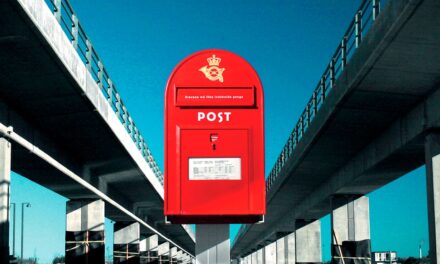
IATA loss forecast increases to $9bn
The International Air Transport Association (IATA) revised its airline financial forecast for 2009 to a global loss of $9bn.
The International Air Transport Association (IATA) revised its airline financial forecast for 2009 to a global loss of $9bn.
This is nearly double the association’s March estimate of a $4.7bn loss, reflecting a rapidly deteriorating revenue environment. IATA also revised its loss estimate for 2008 to $10.4bn from the previous estimate of $8.5bn.
“There is no modern precedent for today’s economic meltdown. The ground has shifted. Our industry has been shaken. This is the most difficult situation that the industry has faced. After September 11, revenues fell by 7%. It took three years to recover lost ground, even on the back of a strong economy. This time we face a 15% drop—a loss of revenues of $80bn—in the middle of a global recession. Our future depends on a drastic reshaping by partners, governments and industry. We cannot bear the cost of government micro-regulation, crazy taxation and partners abusing their monopoly power,” said Giovanni Bisignani, IATA’s director general and CEO in his State of the Industry address to 500 of the industry’s top leaders gathered in Kuala Lumpur for the 65th IATA Annual General Meeting and World Air Transport Summit.
Recession is the most significant factor impacting the industry’s bottom line. IATA’s revised forecast sees revenues declining an unprecedented 15% ($80bn) from $528bn in 2008 to $448bn in 2009.
Air cargo demand is expected to decline by 17%. In 2009, airlines are forecast to carry 33.3m tonnes of freight, compared to 40.1m tonnes in 2008. Passenger demand is expected to contract by 8% to 2.06bn travellers compared to 2.24bn in 2008. The revenue impact of falling demand will be further exaggerated by large falls in yields—11% for cargo and 7% for passenger.












